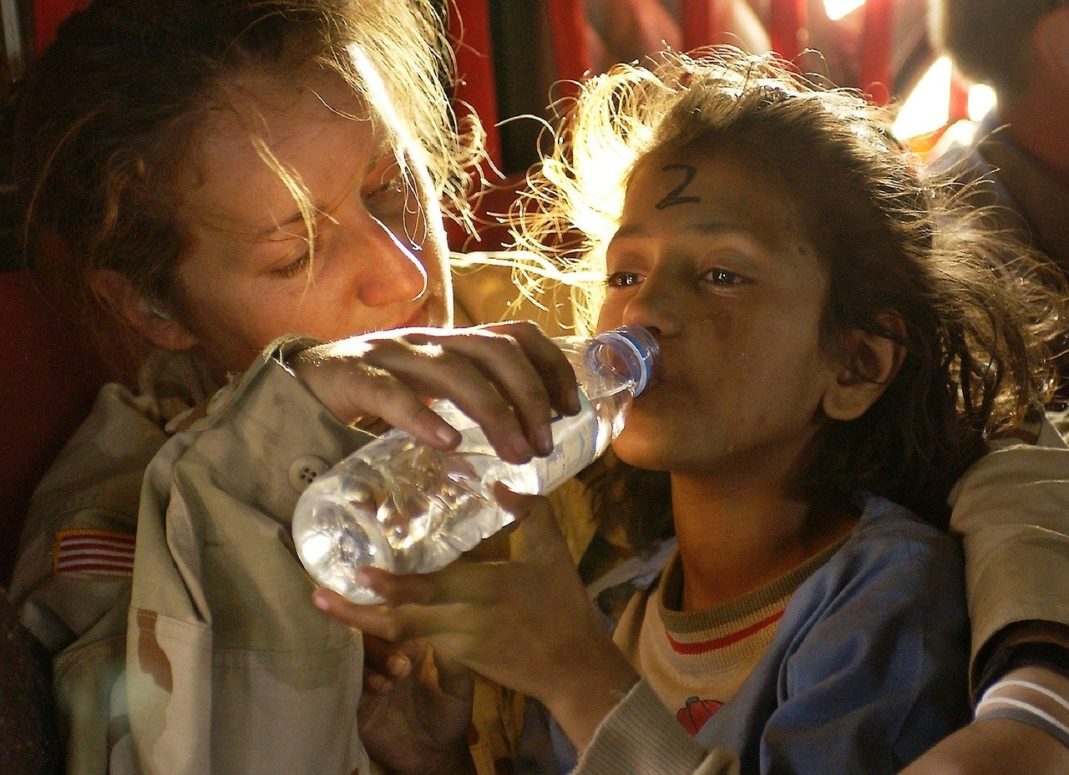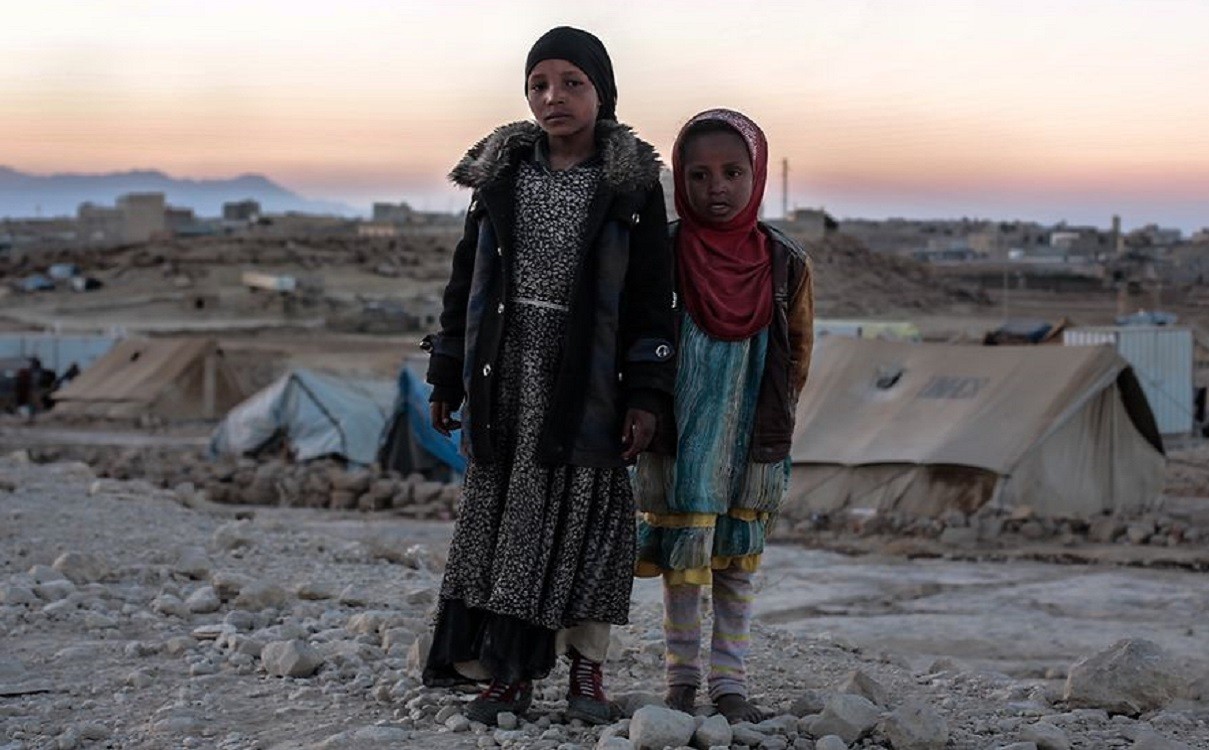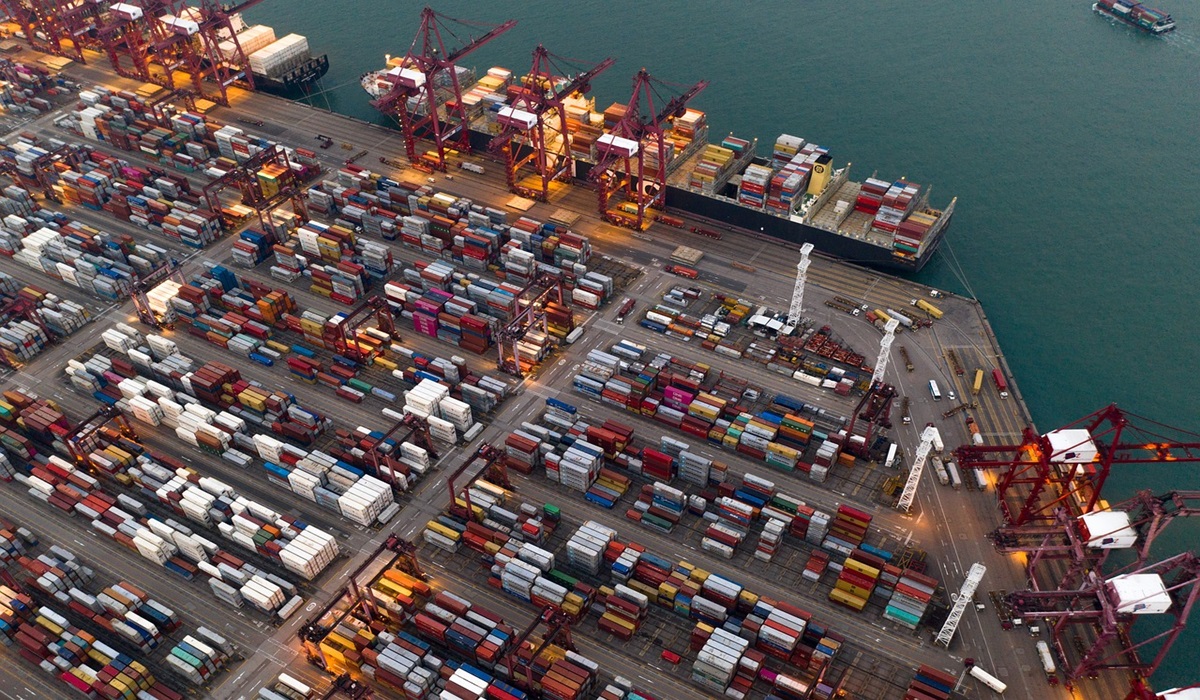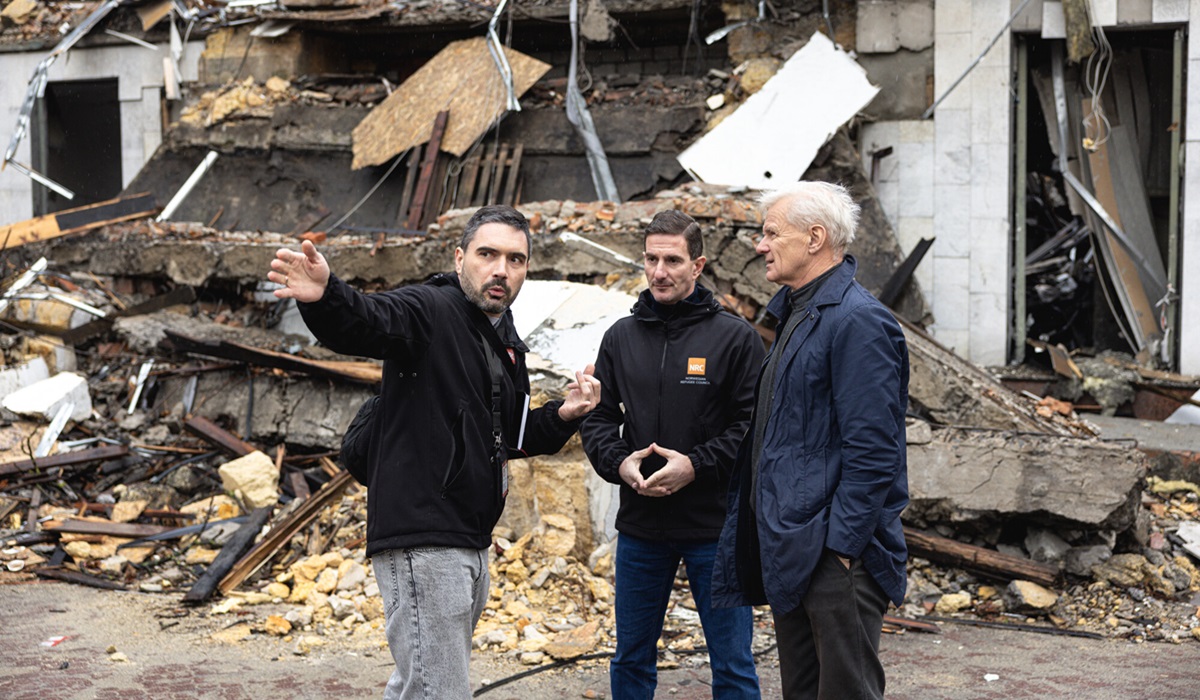UNHCR refugees and displaced persons – all-time high. Germany playing a major role in refugee support
Sad state of affairs: Filippo Grandi, United Nations High Commissioner for Refugees, published annual figures today (18 June 2020) on displacement and forced migration.
According to these figures, a total of 79.5 million people were displaced at the end of 2019 – 8.7 million more than the previous year.
Two days before World Refugee Day on 20 June, the UN Refugee Agency announced how many people around the world have been forced to flee their homes. At the end of 2019, the total stood at 79.5 million people – an all-time high.
Most of these displaced persons, 45.7 million, are so-called internally displaced persons, that means people who are no longer living where they used to live but are still in their home countries. The remaining 33.8 million are asylum-seekers and refugees who fled to another country to escape persecution, war and violent conflict. Most of them are now in a country neighbouring their home country.
More than two-thirds of refugees are from just five countries: Syria remains the largest country of origin (6.7 million), followed by Venezuela (3.7 million), Afghanistan (2.7 million), South Sudan (2.2 million) und Myanmar (1.1 million).

What is Germany’s role?
As the second-largest bilateral donor (some 390 million US dollars in 2019) and ranking fifth in the world as a country taking in refugees, Germany is one of UNHCR’s most vehement supporters and major partner countries. Based on the 1951 Refugee Convention, UNHCR works around the world to ensure that people threatened by persecution are granted asylum in other countries. UNHCR is also mandated with finding sustainable solutions for refugees. This includes voluntary repatriation, integration in the host country or resettlement in a third country. Furthermore, UNHCR works to provide humanitarian supplies and protect internally displaced persons.
Even prior to the COVID-19 pandemic, refugees and internally displaced persons were often exposed to particularly high risks such as violence, poor healthcare, malnourishment and a lack of access to education and jobs. They are now therefore particularly affected by the impact of the COVID-19 pandemic.
The Federal Government is working to ensure that international protection for refugees is upheld worldwide despite restrictive measures in place to contain the pandemic, such as border closures. UNHCR is Germany’s most important partner here. The Federal Government has quickly made available an additional 35 million euro to help UNHCR prevent the spread of the COVID-19 pandemic in the context of displacement and forced migration.
Germany is however also working to ensure that the potential of young refugees in particular can be tapped as successfully as possible. Thanks for example to the Albert Einstein German Academic Refugee Initiative (DAFI), more than 18,000 mainly young refugees have been awarded scholarships to complete university degrees in the country of first admission since 1992.
International cooperation: Global Compact on Refugees
The adoption of the Global Compact on Refugees in 2018, in which the international community committed to a more just distribution of responsibility in the refugee context was a milestone in the international reaction to refugee crises. At the first Global Refugee Forum in December 2019 held as a result, member states, civil society, the private sector, UN agencies and refugees reaffirmed their determination to implement the Compact by making more than 1400 commitments. As co-host, Germany made a decisive contribution the success of the Forum. Now it is a matter of carrying through these commitments – to support refugees and those who take them in.









